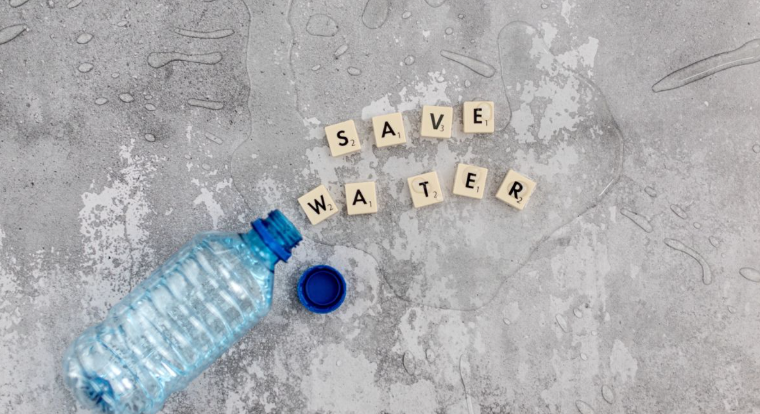India's Looming Water Crisis: Will We Run Out of Water Soon?
Social Issues Social Inequalities and exclusionPosted by NewAdmin on 2025-01-28 06:03:55 |
Share: Facebook | Twitter | Whatsapp | Linkedin Visits: 32

In Bengaluru, residents are experiencing a dire water shortage, with many standing in long lines outside water plants just to access clean water. This severe crisis is compounded by the depletion of over 3,000 borewells, adding more pressure to the already strained water resources. The situation in India is rapidly worsening, with millions now facing severe water stress.
Despite India being home to several rivers and experiencing annual monsoons, the country is grappling with a deep water scarcity problem. Rapid urbanization, a booming population, industrial expansion, and the impacts of climate change have all contributed to a rapidly depleting freshwater supply. India, with only 4% of the world's freshwater, must meet the needs of over 1.4 billion people, leading to an alarming per capita water availability drop from 5,177 cubic meters in 1951 to just 1,545 cubic meters in 2011. According to the NITI Aayog, about 600 million people in India face high to extreme water stress, and three-quarters of the population lacks access to drinking water at home.
The causes behind this growing crisis are numerous. A rapidly growing population, expected to reach 1.5 billion by 2030, is driving the increasing demand for water across agriculture, industry, and household use. Additionally, unregulated groundwater extraction has caused significant depletion of water tables across the country. Climate change exacerbates the issue, with irregular rainfall patterns and rising temperatures reducing groundwater replenishment. Pollution, particularly industrial and agricultural runoff, further contaminates available water resources, rendering much of it unsafe for consumption. Poor infrastructure also contributes, with leaking pipelines, inefficient storage, and outdated irrigation systems causing severe water loss.
The impact of this water scarcity is profound. Millions lack access to safe drinking water, leading to an increase in waterborne diseases, especially among children. The agricultural sector, a major contributor to India’s economy, is also hit hard by the crisis. Reduced crop yields and land degradation threaten the food security of millions. The water crisis has also spurred internal migration, as rural populations move to urban areas in search of work, putting more strain on already limited resources.
To tackle this issue, India needs a multifaceted approach. Immediate action must be taken to promote water conservation and improve management practices such as rainwater harvesting, efficient irrigation systems, and groundwater recharge programs. Water recycling and the reuse of wastewater should be prioritized, as should public awareness campaigns to educate citizens about the importance of conservation. The government must enforce policies that regulate water use, promote sustainable practices, and invest in infrastructure to ensure efficient water distribution.
India’s water crisis is a complex challenge, but it is not insurmountable. With concerted efforts from the government, private sector, and civil society, the country can overcome this crisis. The time to act is now - our future depends on it.
Search
Categories
Recent News
- Andre Beteille: A Life Dedicated to Sociology's Evolution
- India's Cybercrime Fight: Billions Protected, Millions of Cases
- Bengaluru Siblings' Daring Escape: A Lesson in Communication
- Messi's Return to Roots: Newell's Daring Vision for 2027
- Hyderabad's Crime Rate Drops, But Challenges Remain
- Ferry Service Expansion: A Boost for Tourism in Tamil Nadu
- 'Culture Clash' in Adelaide: Racial Tensions Rise Over Park Usage
- Peace Talks in Abu Dhabi: A Glimmer of Hope Amidst War's Shadow
Popular News
- Navigating IPO Market Dynamics Amid Volatility and Regulatory Changes
- Massive Worldwide Microsoft Outage Disrupts Multiple Sectors
- Panjapur Bus Stand to Reshape TNSTC Routes
- తెలుగుదేశం పార్టీ - పేదరికాన్ని నిర్మూలించడంలో వాగ్దానం
- Universities Embrace Remote Learning Technologies Amidst Ongoing Pandemic